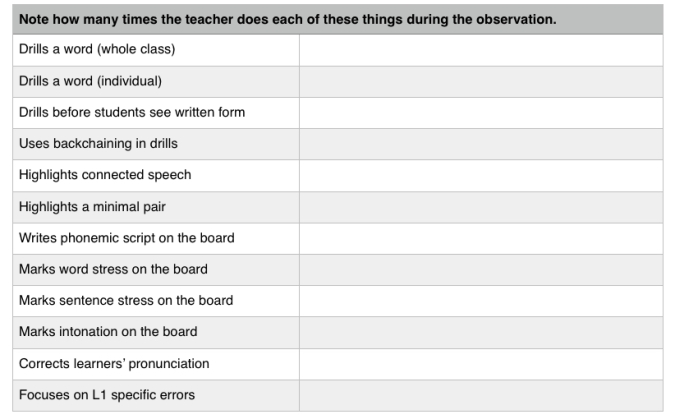Last of the 6 day weeks, so I’m actually not finished this week until tomorrow, but a lot has happened so it feels like a good point to stop and breathe for a minute.
____________________________________________
Last Week:
The hurricane still blows! We started a full-time teacher training course on Monday with 12 participants. This is the biggest cohort we’ve ever had, so we’re really creaking resource-wise. There’s a lot of pressure on all of us to row in and take on some extra inputs, extra observations, extra question-answering and extra-everything so it’s a really big ask for everyone. I feel like it’s always been this busy on these course so I’m not exactly surprised, but it is always interesting how you forget about all those little niggly things that build up and if they don’t get done will come back and bite you later on.
The group themselves are really interesting – as groups of trainees always are. There are some quite experienced people looking to get certified, some with no experience just starting out from fresh, and a couple in between. Then you’ve got the mix of the quiet ones and those who need to have a say on anything. Then the ones who get what you’re asking of them and just get on with, and those who need validation along every step of the way. It can be draining to finish a session with them, turn around to shut down the computer and gather your notes only to turn back and see a queue of 5 people who want to ask questions that have most likely already been answered. I understand that there’s a lot of information and that it’s pretty tough to take it all in first time around, but that doesn’t necessarily make it wear on me any less.
They had reasonably successful first forays into teaching on Thursday. We normally set them up to do a topic-based vocabulary lesson first. We teach a lesson the day before to demo it and then they need to try to replicate it, but on a different topic. I’m working with 4 of the trainees and they all did fine. There were 2 who were really nervous and ended up running a little short as they forgot stages and got a bit muddled, but on the whole they were all ok. The reports from other groups were reasonably promising too, although there is one group where it seems they disregarded a lot of the advice they were given on letting students do the work and spent a lot of time talking over the learners heads. This is where sometimes coming in with a lot of practical experience can be to your disadvantage. If you think it’s hard to teach an old dog new tricks, and even harder for a leopard to change its spots – you should try teaching a lecturer not to lecture!
I met a colleague from a publishers during the week who I’ve built a really good working relationship with, and I was sad to hear that he’s leaving his role. He’s moving on to quite an interesting area, still in education but no real connection with ELT. It’s a shame, as we were just about to make a deal for supply etc. so I guess we’ll have to see what his replacement is like. We went out on Tuesday to say goodbye and it was quite strange to think that this person who’s been a pretty constant part of my working life since I moved into a non-teaching position won’t be there anymore. The transient nature of this industry strikes again.
I didn’t make any progress on IRST or on any internal proposals either, in fact not a lot of progress was made on any longer-term projects. It’s a pity, but it’s kind of the nature of the beast. If you’re going to commit to running full-time teacher training courses, you’d better be prepared to run full-time! My todo list remained largely intact throughout the week and so a lot of things will need to be carried over.
Next Week:
We’re into week 2 of Cert. TESOL so the rhythm of setup, teaching practice every two days will get established. I’ve scheduled a day free of it for Wednesday, so I’m quite looking forward to that. It will let me catch my breath and hopefully firefight anything that comes up on Monday/Tuesday that I don’t have space to deal with. Monday already looks like it’ll be a tough one – there’s barely a minute on the planner – it’s got to a point where I’ve had to timetable my lunch as if I don’t I’m likely to work through it. Friday’s looking pretty dirty too, so my week looks set to be bookended by chaos. The goal remains survival – just hang on in there for 3 more weeks and it’ll be a return (of sorts!) to normality.
_________________________________________
Still hanging in, looking forward to the last Saturday work for a while tomorrow – I’m going to need full weekends to get through the next while.
Take it easy,
L.



